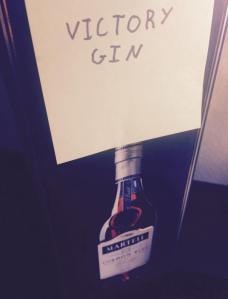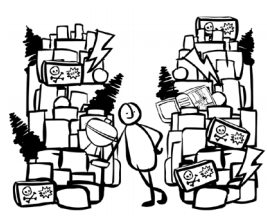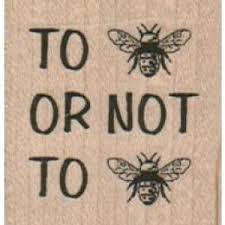Dear me,
Hey, it’s you from the future. I’d ask how you’re doing, but I already know.
I guess you want to know how much you will have changed by your senior year, and my answer to you isn’t quite simple. In short, however, you’ve changed a lot—I’d say for the better.
When it comes to aesthetics, you will have finally chopped off the bowl cut! Those horrendous locks of hair of many inches are now much shorter, and you’ll like the compliments you’ll be recieving. You’ve also begun to dress a great deal better. You will have decided to replace those graphic tees and hoodies with button ups and sweaters, and people will notice. Even one of your friends from your group will mention your great sense of style as part of her yearbook signature!
Your efforts to talk to more people have already have begun to pay off, and they will continue to pay off for the next few years. Due to your active pursuit of talking to more people, you’ve become far more socialable than the 6th grade you could ever imagine. You’ll be very happy with the amount of people who say hi to you while you walk around the school.
You will have met many extraordinary people, such as Michelle Truong, Nhi Truong, Rosa Nguyen, Calvin Nguyen, and Diana Pham-Tran, just to name a few. Your personal relationships will begin to bloom only after you decide to stop being so eager to get a girlfriend, and it’s absolutely worth it.
Although you didn’t get into UCI, it’s not the end of the world. You’ll be majoring in Pre-Business/Business Administration once you enter UCR, which isn’t a horrible school in any respect.
All of this can only be accomplished if you maintain you philisophy of constant improvement—or ceaseless development. That’s the most significant thing I can tell you.
You’re gonna do awesome,
You from 2015









